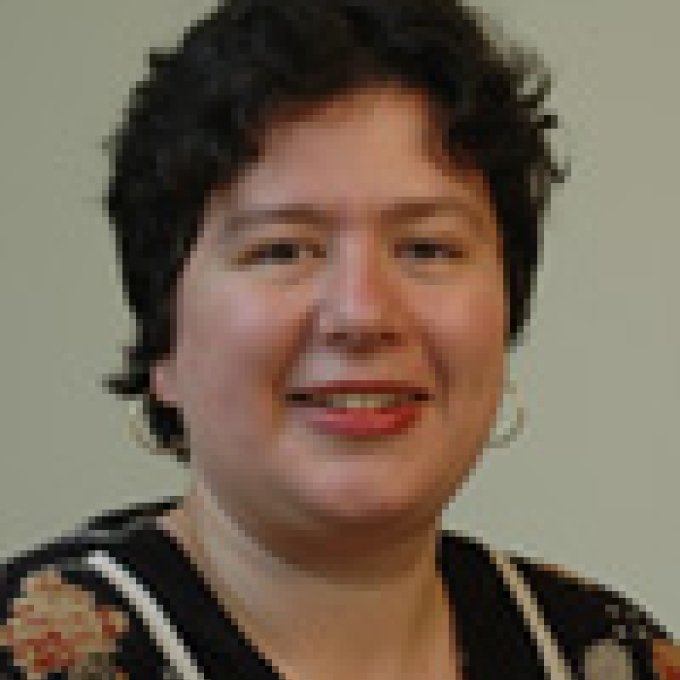Sophia Sarafova Associate Professor of Biology
Education
- Postdoctoral, Experimental Immunology Branch, National Cancer Institute (Immunology)
- Ph.D. Columbia University (Immunology)
- M. Phil., M.S. Columbia University (Cell, Molecular, and Biophysical Studies)
- B.A. Swarthmore College (Biochemistry)
Background
My primary interest is in immunology and genetics with a focus in basic research, however lately I find myself drawn more toward applications of immunology, especially in my seminars. I think it is very important that each student learns biology through an exploration of their own interests and questions, which gives them motivation to dig deeper in the well of knowledge. As a result I have developed a new seminar in medical biotechnology, where the students have the opportunity to bring their own topics for discussion.
Another way I have helped students explore their interests is my very first independent study class, in which two students recruited my help to guide them through the scientific literature in search of what happens to the immune system in space. Their review article was recently published in an undergraduate journal appropriately named Explorations, making the experience very gratifying for both students and teacher.
My favorite way to engage students is through hands-on experiences in the lab through research projects. In addition to research for credit during the semester, I offer summer research opportunities through the Duke-Davidson Immunology Partnership. This year we achieved a record five poster presentations at the Davidson Summer Research Symposium and we are planning to present some of the work at a national conference.
Research
Currently in the United States it is estimated that one in 31 people develop autoimmune disease, while one in three people will develop cancer and will require chemotherapy that will deplete their CD4 T cells in their lifetime. Immune defenses depend on the presence of functional CD4 T cells, the coordinators of the immune response. The amount and timing of production of the CD4 molecule is critical for proper CD4 T cell function. Conditions such as HIV infection, chemotherapy, or congenital defects cause a decrease in the number or functionality of the CD4 T cells.
In my lab we investigate the regulatory mechanisms responsible for changing the timing and level of production of the CD4 molecule. We are interested in identifying the affects of CD4 level changes on T cell development and function, as well as on other immune cells that express CD4, such as dendritic cells. Ultimately the goal is to be able to control CD4 levels in patients to correct for congenital or induced immunodeficiency and autoimmune disease.
Other research areas include lineage determination and gene regulation in the immune system.
Teaching
BIO 111 Molecules, Genes, and Cells (with lab)
BIO 201 Genetics (with lab)
BIO 307 Immunology (with lab)
BIO 364 Immune System Dysfunction
BIO 392 Medical Biotechnology
Davidson News

